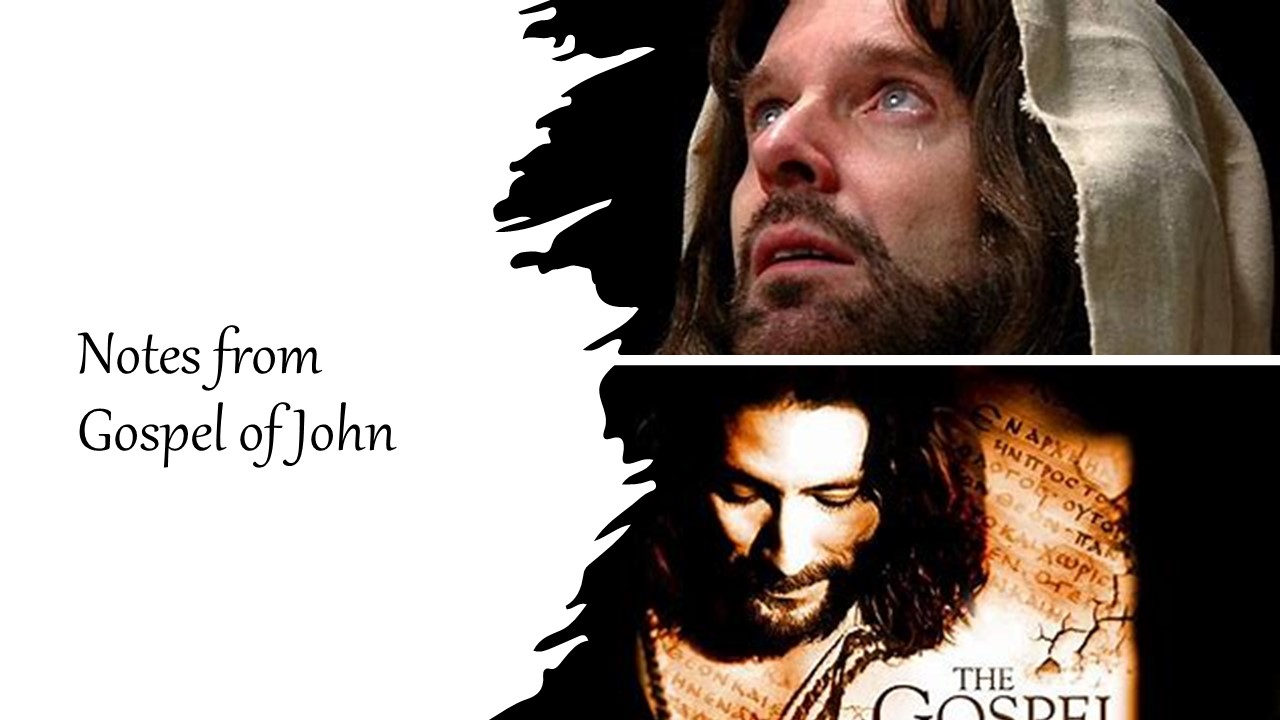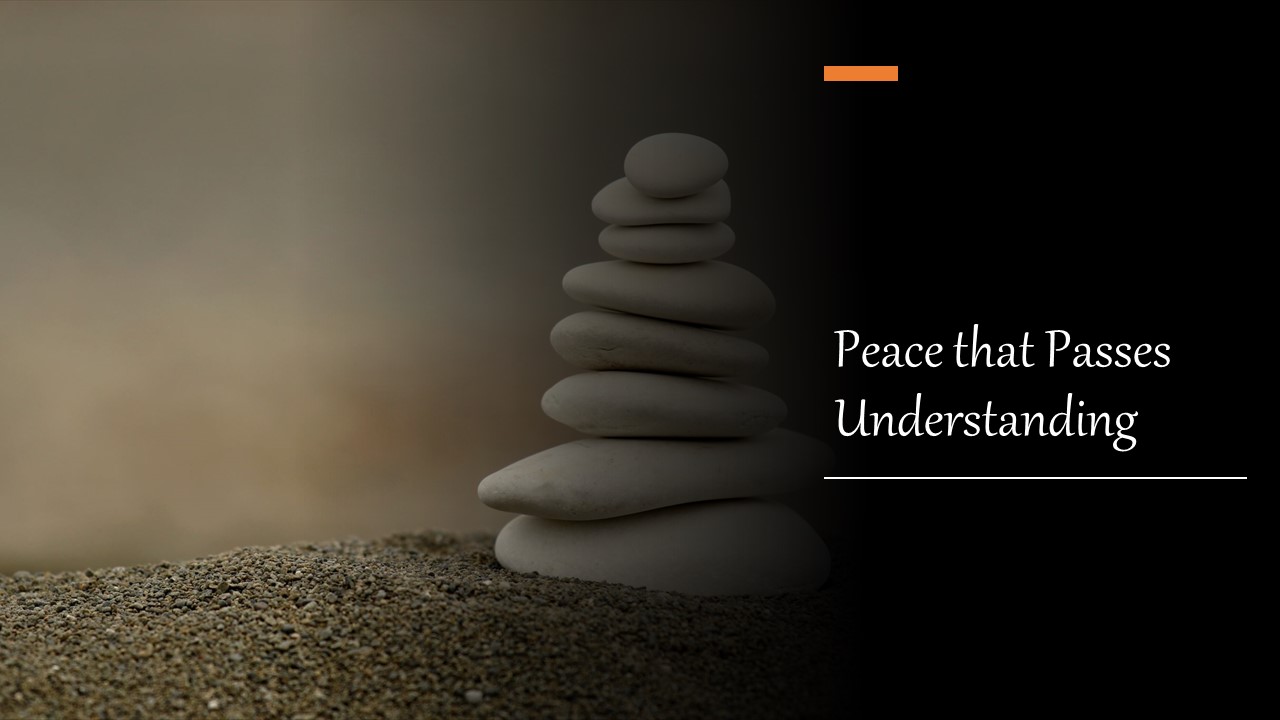In Babylonian exile, amidst broken promises and shattered dreams, Ezekiel emerges with a powerful message: the covenant, once a source of security, now demands repentance and transformation. He envisions a new Jerusalem, where God's presence dwells not in stones, but in transformed hearts. This New Covenant, etched on lives, not tablets, emphasizes inner change over rituals, demanding justice, compassion, and a deep relationship with God.
Jesus redefines the covenant further. Through his sacrificial love, the burden of upholding it shifts to God's unmerited grace. This freedom fuels a passionate commitment to embody the spirit of the law, not through fear, but in response to received love. This manifests in radical compassion, service, and dismantling injustice.
This covenantal community transcends boundaries, embracing all who seek God's grace. Yet, the journey requires confronting our shadows – self-reliance, prejudice, and indifference. We must step out of comfort zones, guided by hope and the promise of a world where love illuminates every corner.
Ezekiel's call and the New Covenant's transformative grace guide us to become co-creators, actively rebuilding God's kingdom. We cultivate inner landscapes resonating with love and justice, outward acts of compassion, and dismantling systemic injustices. We are instruments of healing, carrying the torch of the New Covenant and weaving a tapestry of hope, leading towards a redeemed world echoing God's radiant promise.

John’s Gospel omits a large amount of material found in the synoptic Gospels, including some surprisingly important episodes: the temptation of Christ, Jesus’ transfiguration,...

The believer who places his or her full confidence in a loving God and is thankful in every circumstance will possess a supernatural peace....

In today’s episode Professor Davies (Grandfather) delves into the theological concept of the "fullness of time," referring to the divinely appointed moment of Jesus'...